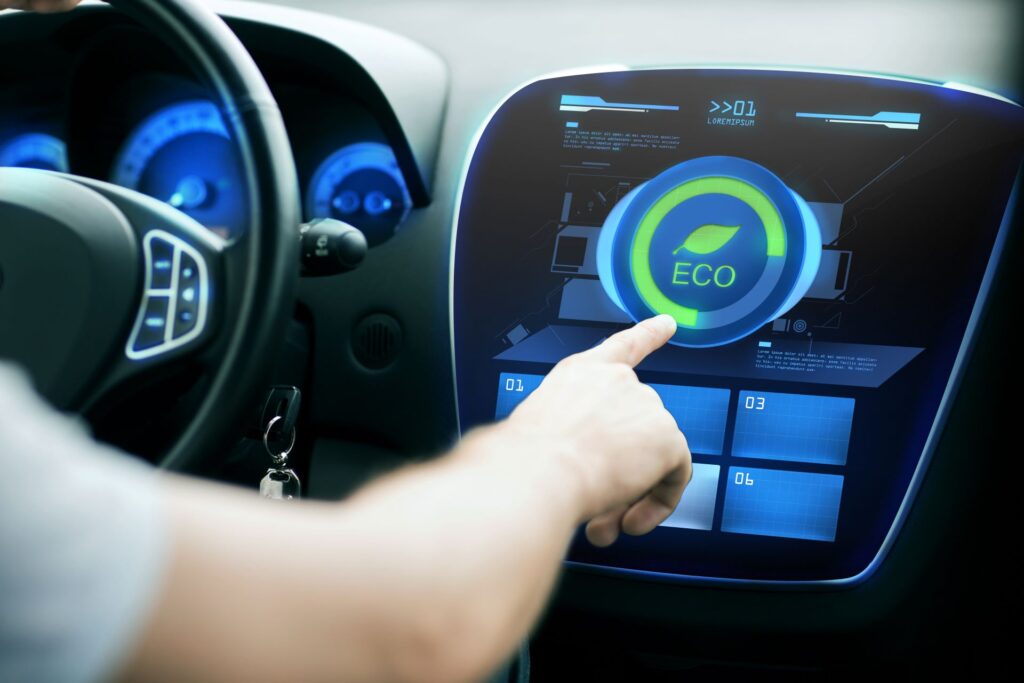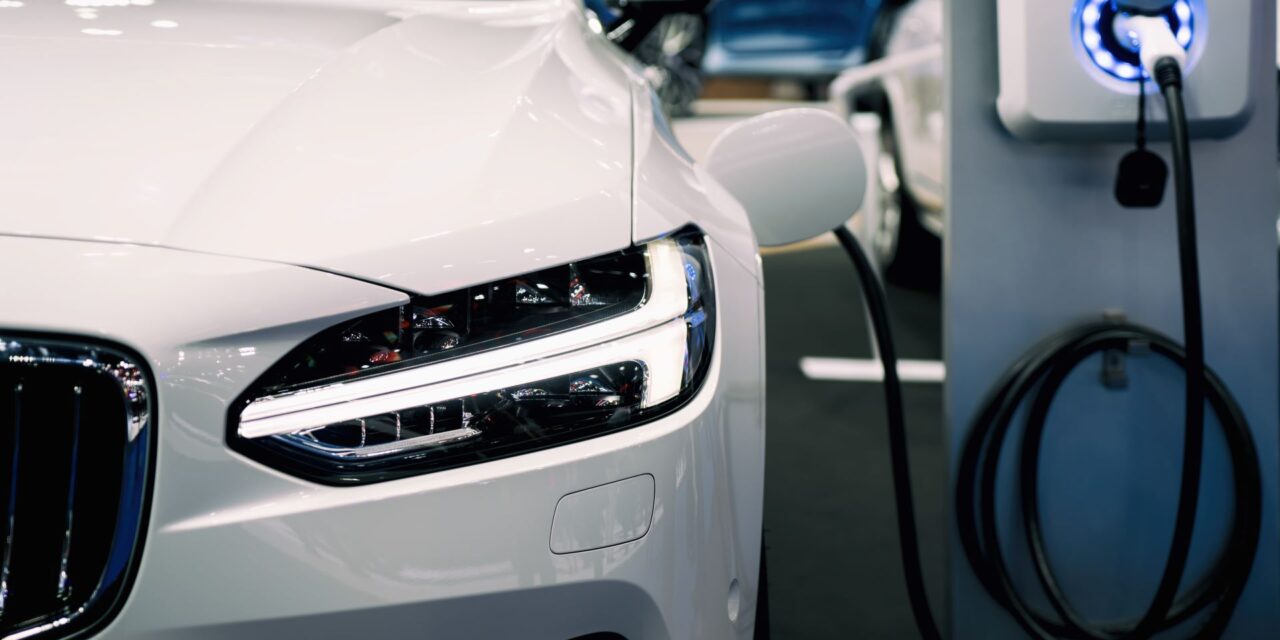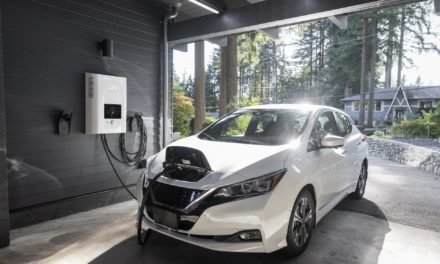The rise in fuel costs and increasing awareness about environmental sustainability make electric and hybrid cars particularly appealing. Despite both being greener alternatives to traditional gasoline vehicles, electric and hybrid cars are not the same.
Understanding their differences is crucial for anyone considering an eco-friendly mode of transportation. Potential buyers have to consider an increasing number of factors, such as fuel economy, driving range, and the availability of charging infrastructure.
This article clarifies these factors, providing prospective buyers with hybrid and electric car information they need to make a well-informed, satisfying decision on their next eco-friendly vehicle.
Initial Cost
Regarding upfront expenses, electric cars are generally more expensive than their hybrid counterparts. The higher cost is primarily due to the price of batteries, which are a significant component of an electric vehicle (EV). Government incentives and tax breaks can offset some of this cost, but the initial investment is typically higher.
Hybrids are often priced more competitively compared to fully electric vehicles. They feature a dual powertrain that includes both a combustion engine and an electric component, which generally results in a lower upfront cost.
As technology progresses, it’s worth noting that the costs associated with both electric and hybrid vehicles are on a downward trend, making them increasingly accessible options.
Fuel Economy
Electric vehicles offer excellent fuel economy, as they run entirely on electric power. This translates into significant savings over time, particularly as fossil fuel costs continue to rise. They are incredibly efficient in converting stored electric energy into motion.
Hybrids also provide better fuel economy than traditional cars but less efficiently than electric ones. They utilize both their electric battery and a gasoline engine for optimal performance. When driving conditions require less power, like city driving, the electric motor can take over, saving fuel.
Range And Infrastructure
One of the most notable drawbacks of electric vehicles is range anxiety—the fear that the battery will deplete before reaching a charging station. Charging infrastructure has improved but is still not as ubiquitous as gas stations.
Hybrids mitigate this concern by having a gasoline engine as a backup. This dual system allows for a more extended range, and fueling up is as easy as pulling into the nearest gas station. The gap may close as charging infrastructure expands, but for now, hybrids offer more flexibility.

Environmental Impact
Both electric and hybrid vehicles have a smaller carbon footprint than traditional combustion engines, but the degree varies. Electric vehicles produce zero tailpipe emissions but are not entirely ‘clean’ if the electricity that charges them comes from fossil fuels.
Hybrids produce fewer emissions than traditional cars but still rely partly on gasoline for operation. If minimizing environmental impact is a top priority, electric vehicles generally offer a greener option, provided the electricity used for charging comes from renewable sources.
Driving Experience
Electric cars offer smooth, quiet rides with rapid acceleration due to immediate torque delivery from the electric motor. They’re generally easier to operate, with fewer gears and a simpler driving experience.
Hybrids also offer a smooth driving experience but tend to be less zippy than electric cars. The transition between electric and gasoline power can sometimes be noticeable, depending on the quality of the hybrid system.
Many people find that the driving experience in both types of vehicles is superior to that of traditional combustion engine cars.
Maintenance Costs
Electric cars generally have fewer moving parts than hybrids, resulting in lower maintenance costs. There is no need for oil changes, and the wear and tear on brakes are often less due to regenerative braking systems. However, battery replacement costs can be high, although they are coming down in price.
Hybrids also offer lower maintenance costs than traditional vehicles but have more moving parts than electric cars, which could lead to higher costs in the long run. Regular maintenance items like oil changes are still necessary for the combustion engine part of the hybrid.
Resale Value
Electric vehicles typically depreciate faster than hybrid vehicles. This is partly due to the rapid advances in technology, which can make older models seem outdated more quickly. Government incentives also play a role, as they can artificially lower the initial cost and affect the vehicle’s long-term value.
Hybrids tend to hold their value better than electric cars, thanks in part to their more established presence in the automotive market. The dual powertrain system in hybrids has proven reliable, contributing to a slower depreciation rate than fully electric vehicles.
Conclusion
Whether opting for an electric or hybrid vehicle, the choice often concerns individual needs, driving habits, and priorities.
While electric cars offer better fuel economy and lower emissions, they can be pricier and come with concerns about driving range. Hybrids offer more flexibility with fueling and range but might not be as eco-friendly or cost-effective in the long run.
Understanding the crucial differences and considering personal circumstances makes making the right choice less challenging.





